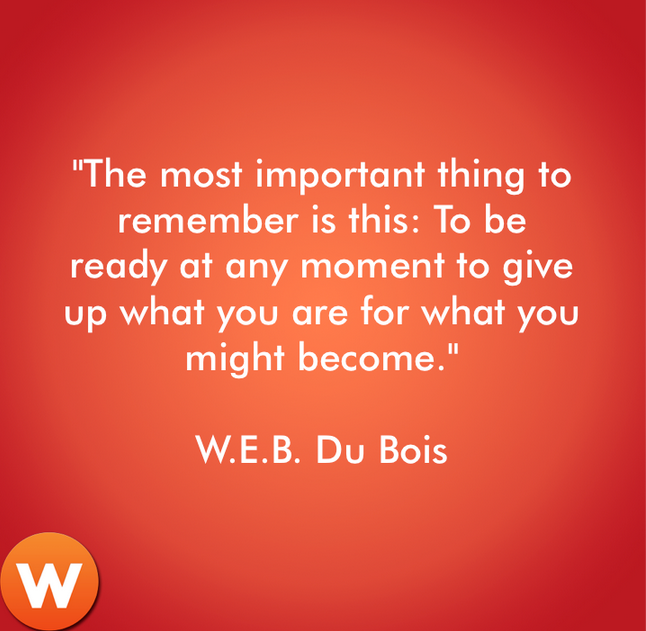Most of my greatest ideas come to me either in the shower or while I’m drying my hair.
As do some of the most confounding philosophical dilemmas.
Today in the shower, I found my mind starting to spin towards that place called:
What is my purpose?
I started wondering, “Is this who I am supposed to be? Is this what I am supposed to be doing?”
I started to feel concern that I wasn’t acting fast enough or prudent enough or being selfish or selfless enough.
I started to panic a little. And then I got angry. Resentful.
And then…only a few minutes later, as I was towel drying my hair… I broke free.
It was a miracle. Usually, once I get started, my mind will spin out of control in that direction for a lot longer than a ten minute shower.
How did I break free?
Well, a few years ago, I bought a book on CD by Byron Katie. I’ve since lent it out and didn’t get it back so I can’t tell you which one it was. But they tend to overlap a bit, and choosing to listen to one of her books or attend one of her lectures is definitely worth the time.
My biggest takeaway from this Byron Katie CD was a smart, no-nonsense philosophical concept about reality that I am able to return to again and again:
If you were meant to be something, you would be.
Right now. In this moment.
This isn’t a bunch of spiritual mumbo jumbo.
It’s fact.
It makes a lot of sense, which is why I so easily latch on to it.
Think about it.
If I was meant to be something, or someone, I would be.
Now.
Already.
Since I am not that someone or something, clearly I am not meant to be that.
At least, not for now.
This doesn’t mean, of course, that I will never be that something or someone.
And it doesn’t mean I can’t or shouldn’t work towards being that something or someone, if it feels right to me.
If think it’s, indeed, “my purpose.”
It just means I am not meant to be that something or someone right now.
And that, for some reason, is very liberating.
I reminded myself of this as I was drying my hair.
I shook my shoulders a little bit. I smiled at myself in the mirror.
I thought of who I am right now. (Who I am, clearly, meant to be.)
And how I never in a million years could have imagined this version of me only 10 or 15 years ago.
Who did I imagine myself then?
Am I her now?
Not even close.
And perhaps, someone, or something, even better than I ever could have imagined I was meant to be.





